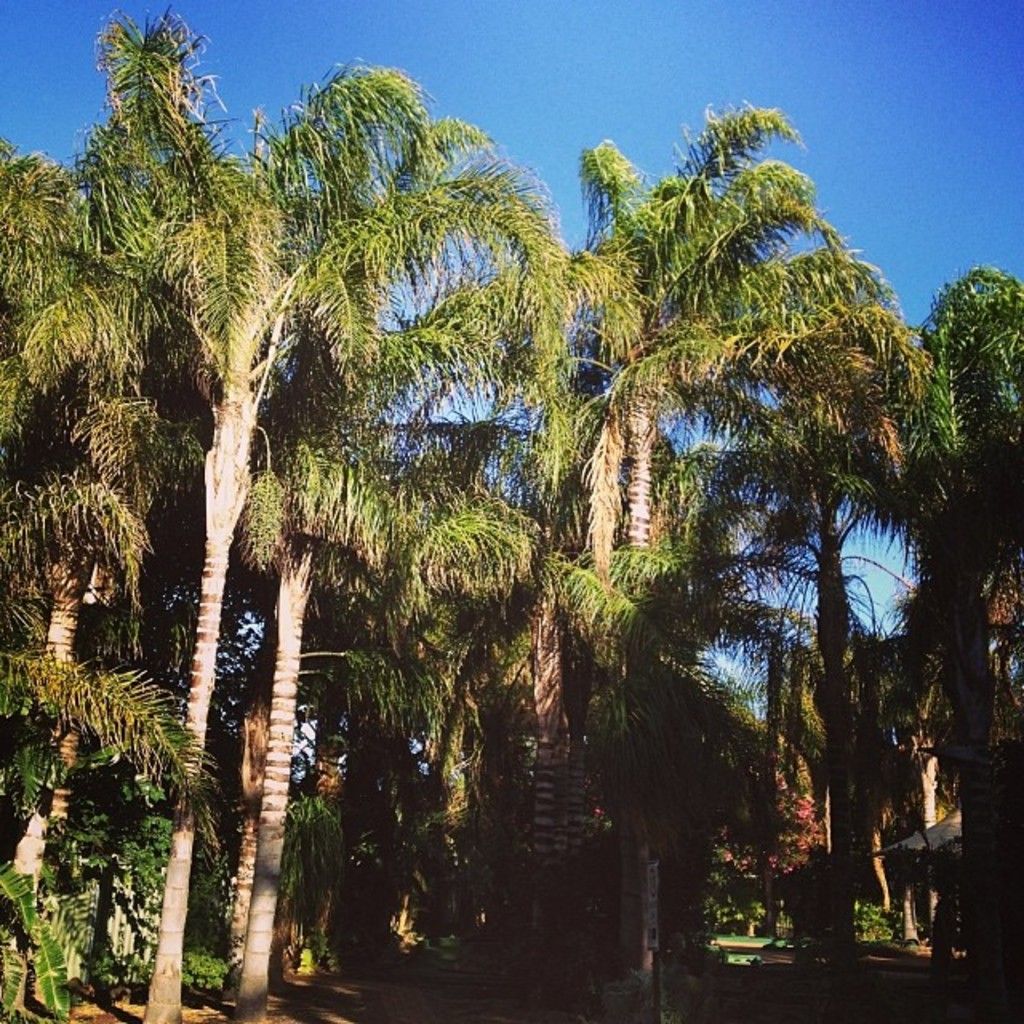Expansion of gas plant grants tentative approval, potentially jeopardizing ancient rock art in Australia
A contentious debate has arisen over the future of the Karratha Gas Plant in Western Australia, with the federal government recently issuing a proposed approval for the extension of its operations until 2070. This decision by Minister for Environment Murray Watt includes specific conditions concerning air quality and the preservation of cultural heritage, particularly the ancient rock art at Murujuga (or Burrup Peninsula), which features some of the oldest known human artwork[1][3][4].
The remote Murujuga site holds millions of petroglyphs, some dating back tens of thousands of years, and is considered an irreplaceable cultural treasure for Australia's Indigenous people and the world[3]. However, studies have linked the rock art's deterioration to industrial pollution from the gas plant, raising concerns about accelerated damage if operations continue[1][3].
Environmentalists and Indigenous groups vocally oppose the extension, arguing it undermines both cultural preservation and climate commitments. The plant's emissions are projected to total approximately 4 billion tonnes of greenhouse gases over 50 years[1][3].
The plant provides thousands of jobs and a significant portion of Western Australia’s domestic gas. The extension will keep the Karratha Gas Plant functioning beyond 2030, rather than a physical expansion[4]. Woodside Petroleum, holding a 33.3% stake along with partners such as BP, Chevron, and Shell, will manage operations under the approval[4].
The final approval is pending Woodside's response within the next 10 days, after which a final decision will be made[3].
Pacific nations, vulnerable to climate change effects, including Tuvalu, have condemned the approval, urging Australia to reject fossil fuel expansion for moral and environmental reasons[3]. The North West Shelf's operation may also lead to the eventual exploration of Australia's largest untapped conventional gas reserve, off the Western Australian coast, potentially jeopardizing a remote ecosystem teeming with diverse marine life[5].
The Australian government's decision faces economic complexities, balancing economic interests against environmental responsibilities[4]. Some question the long-term demand for liquefied natural gas (LNG) in Asia, as industry forecasts predict high demand, but on-the-ground evidence suggests LNG will struggle to remain competitive with renewable energy and coal[6].
Regardless of the financial considerations, critics argue that the project would come at a heavy cost to people most vulnerable to climate change[6]. While the outcome remains uncertain, one thing is clear: the dispute is far from over.
[1] - https://www.abc.net.au/news/2023-05-29/karratha-gas-plant-extension-government-approval/102314790[3] - https://www.bsr.org/en/insights/pacific-nations-oppose-the-extension-of-the-northern-west-shelf-project-off-the-western-australian-coast[4] - https://www.theaustralian.com.au/business/resources/woodside-to-forge-ahead-with-karratha-gas-plant-extension-after-environment-minister-backs-project/news-story/f2fab06a24dd80e2b71b510a437f2c4f[5] - https://www.abc.net.au/news/2022-05-10/scott-reef-greenpeace-campaigners-fear-drilling-damage/100945662[6] - https://www.ieefa.org/resource/gas-demand-outlooks-struggle-to-reflect-reality/
- As the dispute over the Karratha Gas Plant in Western Australia continues, the federal government's proposed extension of its operations until 2070 has sparked a contentious debate.
- This decision, made by Minister for Environment Murray Watt, includes conditions focusing on air quality and the preservation of cultural heritage, particularly the ancient rock art at Murujuga (or Burrup Peninsula).
- Environmentalists, Indigenous groups, and Pacific nations like Tuvalu have vocally opposed the extension, arguing it undermines cultural preservation, climate commitments, and threatens a remote ecosystem rich in marine life.
- The Karratha Gas Plant provides thousands of jobs and contributes significantly to Western Australia’s domestic gas, but its emissions are projected to total approximately 4 billion tonnes of greenhouse gases over 50 years.
- Woodside Petroleum, in partnership with firms such as BP, Chevron, and Shell, is expected to manage operations under the proposed approval, with the final decision pending Woodside's response within the next 10 days.
- Balancing economic interests against environmental responsibilities, the Australian government's decision faces economic complexities, as industry forecasts predict high demand for liquefied natural gas (LNG), but on-ground evidence suggests LNG may struggle to maintain competitiveness with renewable energy.
- Critics argue that the project could have a heavy cost for people most vulnerable to climate change, despite financial considerations.
- Despite the ongoing debate and uncertainty, one thing is clear: the dispute over the Karratha Gas Plant is far from over.








